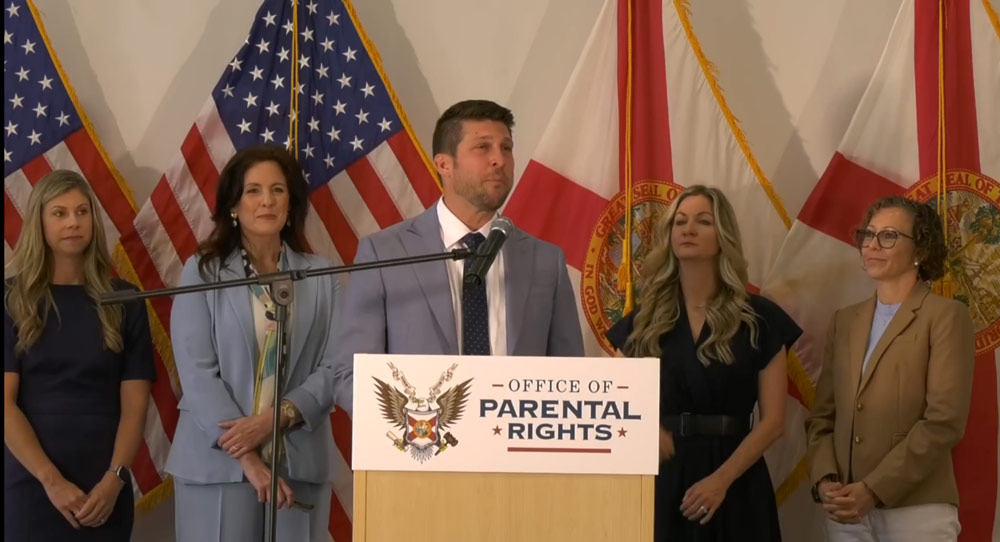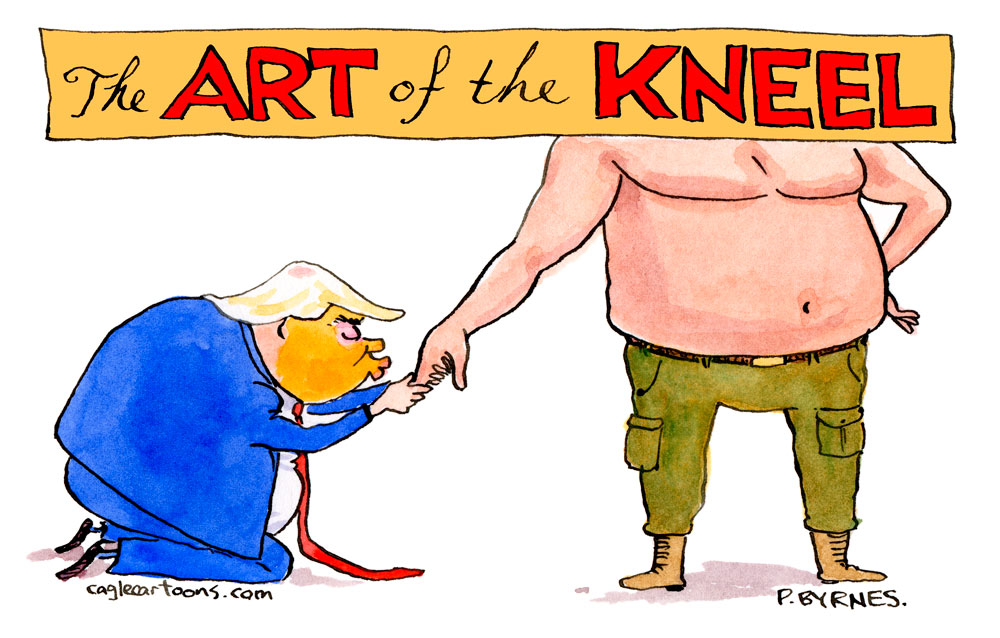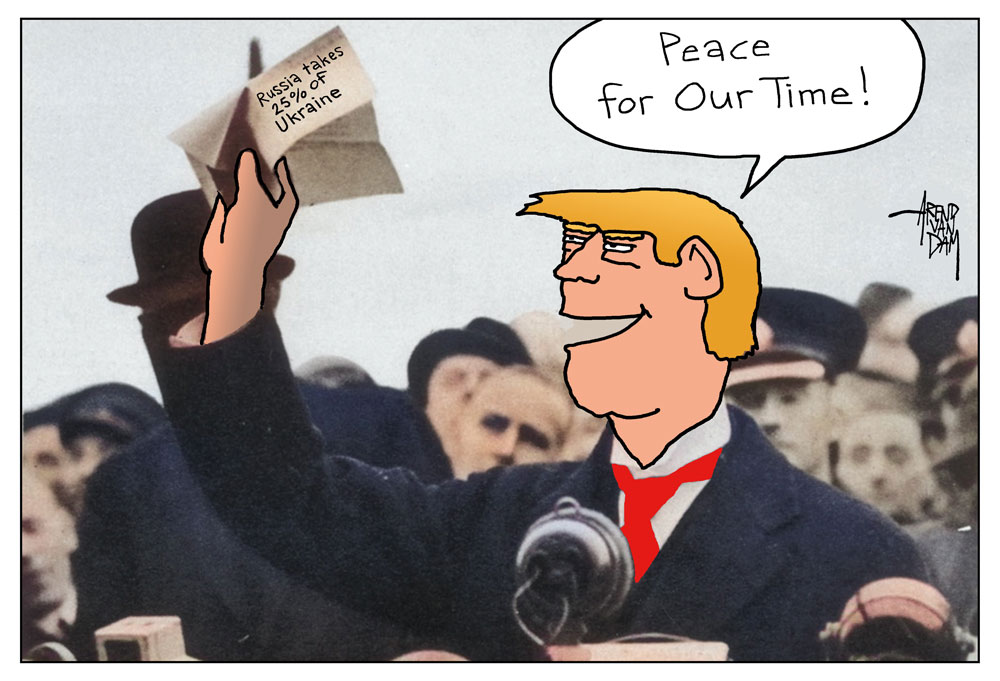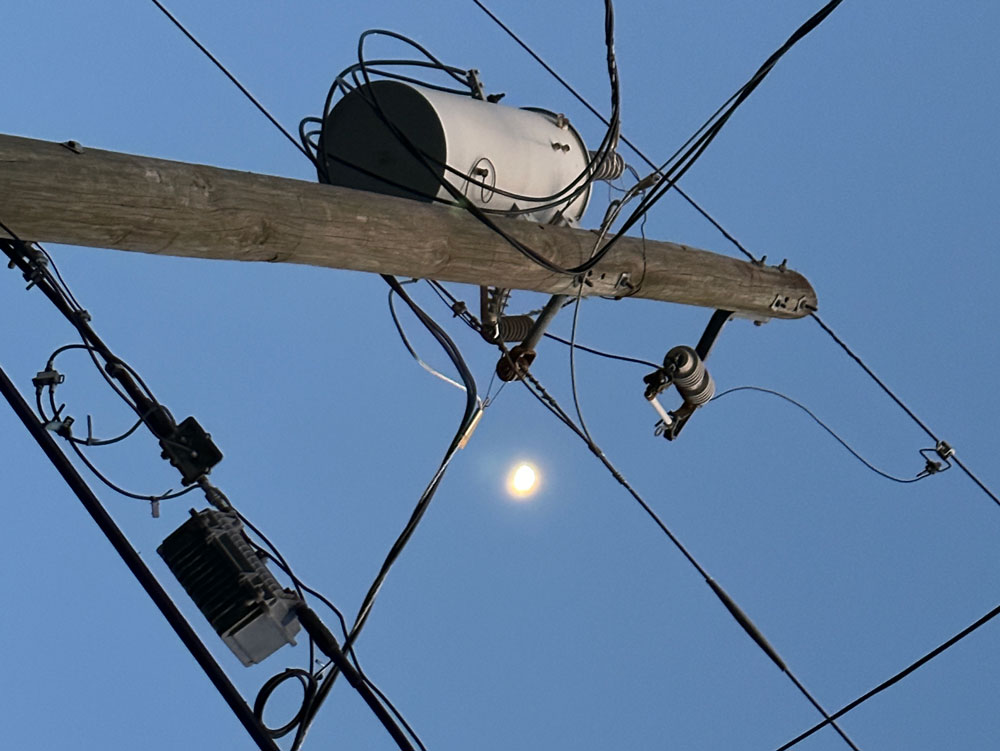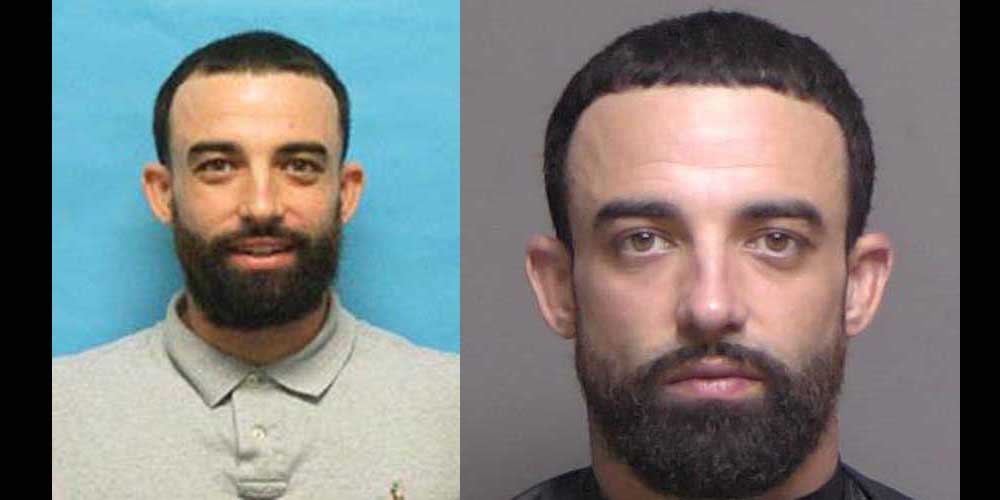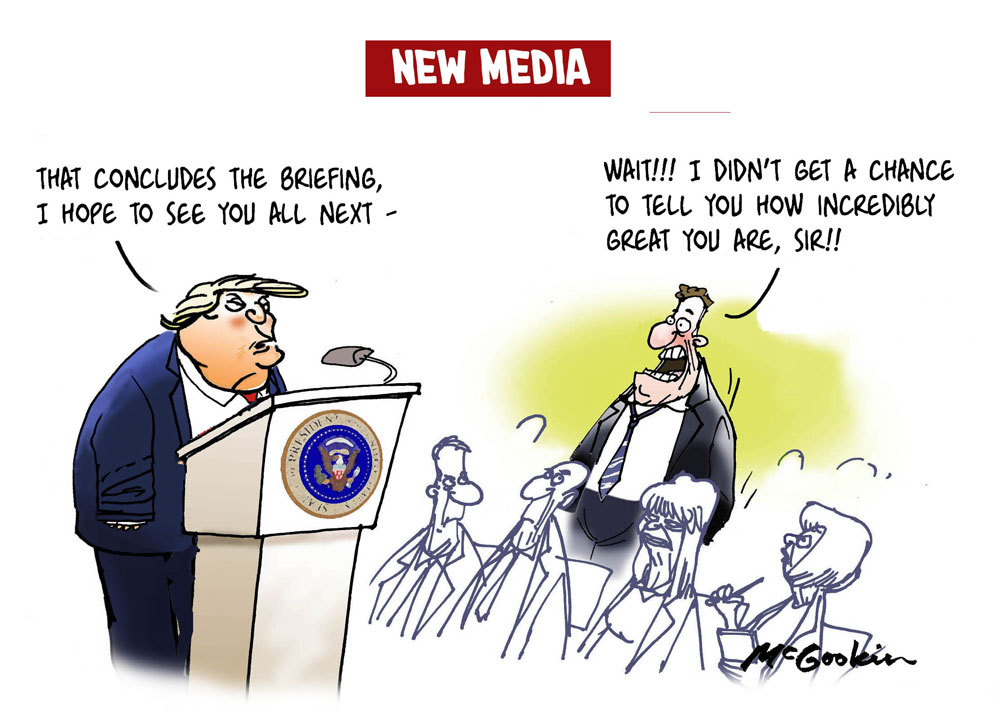Last week, Florida Attorney General James Uthmeier requested that the U.S. Supreme Court intervene and, at the very least, temporarily permit the implementation of a new legislation that targets undocumented immigrants who enter the state after an appeals court rejected his claims.
In a 34-page filing, Uthmeier’s office requested a stay of a preliminary injunction imposed by U.S. District Judge Kathleen Williams in April to prevent the law from being implemented. On June 6, a panel of the 11th U.S. Circuit Court of Appeals denied the stay.
The state might execute the law while what might be a protracted legal struggle is being played out if the Supreme Court agrees Uthmeier’s plea.
Lawyers in Uthmeier’s office said in the paper that Florida is prohibited from executing its act to the disadvantage of its inhabitants and the state’s sovereign right to protect them from damage. While that rule is unenforced, illegal immigration continues to cause chaos in the state. And as this case moves through the lower courts, Florida and its residents will be unable to fight the severe effects of illegal immigration for years if this (Supreme) Court doesn’t step in.
The request, which was submitted last Tuesday, is the most recent development in a heated dispute over the law, which was signed by Governor Ron DeSantis and passed during a special legislative session in February. Supporters claimed that the measure, which established state crimes for undocumented immigrants who enter or re-enter Florida, was intended to assist President Donald Trump’s anti-illegal immigration policy.
The federal complaint was brought in April by attorneys for the Farmworker Association of Florida, the Florida Immigrant Coalition, and two individual plaintiffs who claimed the statute was unconstitutional. Williams imposed a more permanent preliminary injunction to prevent enforcement after first imposing a temporary restraining order.
Williams concluded that federal immigration power most likely preempted the law. After appealing that decision, Uthmeier requested a stay of the injunction from the 11th U.S. Circuit Court of Appeals, but his request was denied.
The three-judge appellate court stated that Uthmeier had not satisfied the requirements for a stay, but it did not definitively decide whether federal immigration law preempts or virtually supersedes state law.
According to the June 6 ruling, which was shared by Judges Jill Pryor, Kevin Newsom, and Embry Kidd, it appears likely that this principle is satisfied with regard to the area of alien entry into and presence in the United States given the federal government’s longstanding and distinct interest in the exclusion and admission of aliens as well as the (federal) Immigration and Nationality Act’s extensive regulation of alien admission. Thus, the attorney general hasn’t shown compelling evidence that the district court erred in concluding that SB 4-C is probably field precluded.
However, Uthmeier’s office denied that the state law is preempted in the paper submitted to the Supreme Court last week, arguing that it deliberately follows federal law exactly. On the fundamental points of contention in the case, it also contended that the Supreme Court would ultimately rule in favor of Florida.
The state’s lawyers claimed that the district court’s injunction was unjustifiable on its own merits and in its broad scope. There is a good chance that this (Supreme) Court will reverse the Williams verdict if the Eleventh Circuit does confirm it.
The paper also examined a disagreement between Uthmeier and Williams on whether the injunction should be applied to law enforcement officers throughout the state. The judge found Uthmeier in civil contempt last week as a result of this disagreement.
Uthmeier said that the injunction should only be applicable to the lawsuit’s listed defendants, himself and local state attorneys. Williams, however, also applied it to police departments throughout the state, so guaranteeing that the legislation is not upheld.
Uthmeier wants the Supreme Court to grant a stay on the entire injunction, but last week’s request also suggested that the court might grant a partial stay, which would exempt law enforcement officers from the injunction.
Even worse, according to the state’s attorneys, the district court bound all Florida law enforcement officials, who are not parties to this case. Florida’s ability to defend its residents from the flood of illegal immigration is irreparably damaged by that decision.
A partial stay that would have solely applied the Williams ruling to Uthmeier and state attorneys was denied by the appeals court panel.
The letter Uthmeier delivered to police in April after she ordered a halt to law enforcement was the reason for Williams’ exceptional contempt judgment last week. According to Williams, Uthmeier disregarded a mandate to inform law enforcement agencies that the statute was prohibited from being enforced by what was then a temporary restraining order.
According to Williams’ 27-page contempt ruling, Uthmeier’s position gives him the unique ability to either strengthen or weaken the rule of law. If he violates a court order, the integrity of the legal system hinges on the court’s ability to take corrective action.
Jim Saunders, Florida News Service
